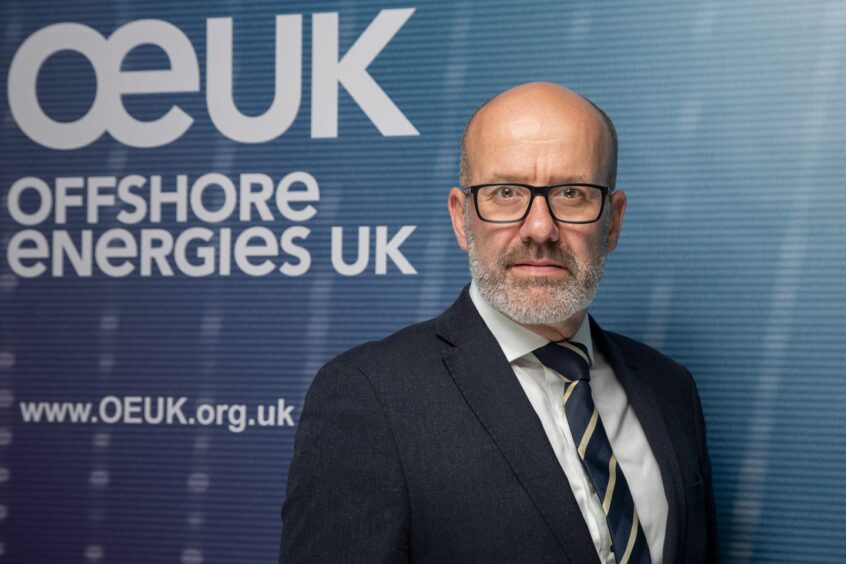
Offshore Energies UK (OEUK) has voiced its support for the goals of the North Sea Transition Authority’s (NSTA’s) recently released OGA Plan.
Commenting on the report’s release today, OEUK HSE and operations director Mark Wilson said: “The UK offshore energy sector is committed to meeting the decarbonisation targets and has made great progress already by reducing emissions 24% since 2018 with a 45% reduction in methane from flaring and venting in the same time period.
“It is recognised the importance of building on this achievement with the continued investment to deliver future decarbonisation reductions.
“OEUK has been engaged with the NSTA on the consultation for the OGA plan and provided a clear recommendation for industry to demonstrate ongoing ownership of the decarbonisation journey, with regulatory intervention available as a backstop if required.
“A study to evaluate how the industry will meet decarbonisation targets commenced in early 2024.”
The NSTA publication follows a consultation with the industry which began in November 2023.
It calls for improved efficiency of oil and gas production, reduced flaring and venting of waste fossil fuels during production, new efforts to speed up decommissioning of ageing platforms and a focus on lower greenhouse gas generation by using wind or other forms of low carbon power to generate electricity to run oil and gas platforms.
Wilson added: “Initial findings of the study show a clear commitment from industry to meet the 2030 target of a 50% reduction of greenhouse gas emissions based upon the 2018 baseline. The study is taking a collaborative approach to its work and will include the role that technology can provide in delivering current and future decarbonisation solutions which are not limited to electrification.
“As part of the OGA plan, ongoing engagement will occur between industry and the NSTA to ensure that the full range of decarbonisation opportunities are evaluated to meet the North Sea Transition Deal targets.”

